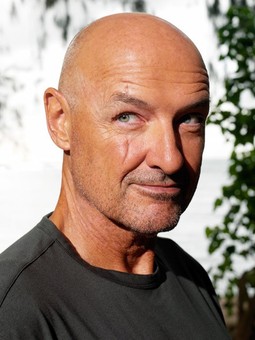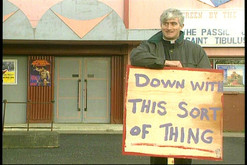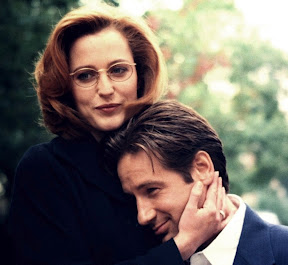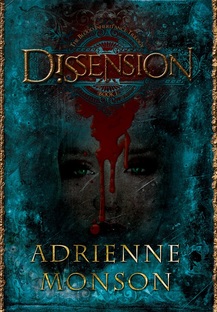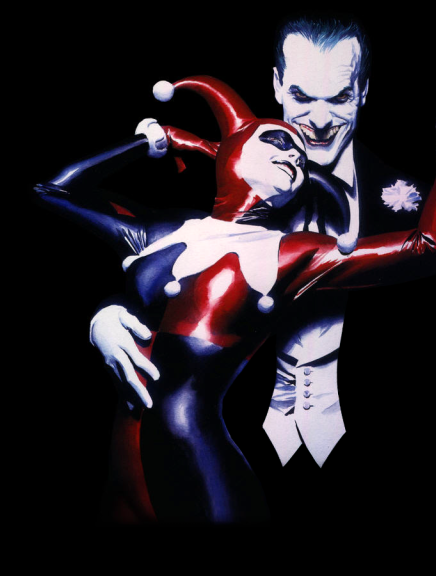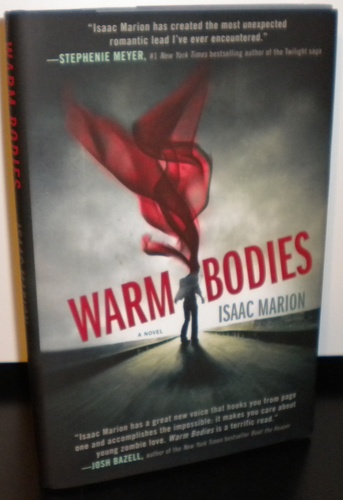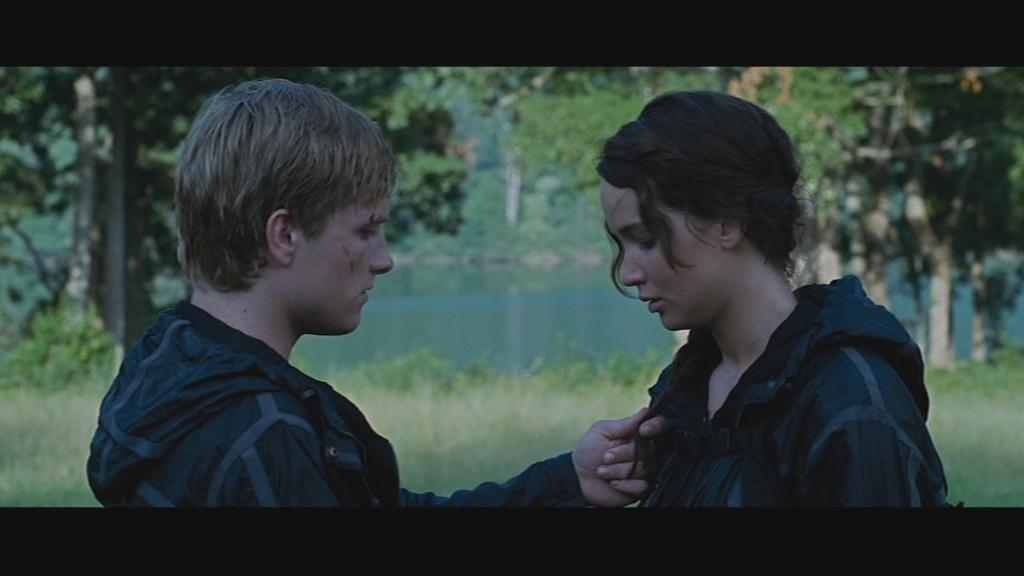The number five spot is possibly the downright saddest on this list. It also requires one of these:
*****MASSIVE SPOILER ALERT*****
*****DO NOT READ IF YOU HAVE ANY INTEREST IN LOST AND HAVE NOT FINISHED THE ENTIRE SERIES*****
To the casual reader who skips past all those scary lines of asterisks out of indifference to, rather than foreknowledge of, the plot developments of Lost, I beg you to reconsider, turn back now, and immediately grab the season one box set (or Netflix stream, or however you like things), because the show really is an incomparable experience. However, if you must continue to read about it online without every bit of backstory already under your belt, here are the basics:
Lost is a Sci-Fi TV drama revolving around a group of plane crash survivors and the magic island they’re stranded on, their efforts to get along, survive, work through old issues, and piece together the clues to the island’s history and powers. Of course, being a Sci-Fi TV drama, it’s a lot more complicated than that and makes a lot more sense in practice than description, but the details of all the time travel and feuding ancient gods will have to wait for another post.
When the survivors first start getting themselves organized, a schism naturally develops between Locke, with his survival knowledge and instant recognition of the island’s mystical properties, and Jack Shepherd, with his medical knowledge, leadership compulsion, and empirical outlook.
The show rotates focus among the main characters and switches back and forth between the island plotline and flashbacks of the character of the week. Locke’s background is one of the most mysterious at first, but once we get a few of the major details, it’s hard to argue with his obsession with magic and destiny or his disinterest in escape. In flashback, he’s in a wheelchair. When he comes to after the crash on the island, he can walk.
There’s more, as the show goes on. It turns out that, for all his flashy skills and enigmatic posturing, Locke was a nobody in the real world, a particularly sad one. He never knew his parents until middle age, when his con artist father came back into his life just long enough to talk him into offering a kidney transplant before withdrawing again. He then obsessed over this until his girlfriend left him, went to confront his father, who threw him out of a high rise window, meaning to kill him to prevent him from ruining his latest con but crippling him instead. What little meaning there was in his life after that came from military role play games and an imaginary relationship with a call girl who shared his ex’s name, and at the time of the plane crash, he had just tried and failed to buy himself a spiritual adventure vacation by defrauding the box company he was working for.
But then, hope! He can walk! That has to mean something! The great forces of the island have a plan for him! Locke pursues this with absolute certainty for a while and tries to become a spiritual guide for the others, but then he gets his first serious disciple killed, no answers are every really forthcoming for him, even his legs can’t always be trusted, and most of his fellow survivors slowly pull away from him, considering Jack, yes, this guy:
At the end of season four, some of the survivors are rescued, and in their absence, the space/time continuity of the island falls apart. Locke believes it’s his responsibility to bring back all the escaped survivors to set things right, but when everyone he approaches refuses pointblank, he tries to kill himself. Ben arrives just in time to talk him out of it, for long enough to wring any island knowledge he might have out of him, then kills him anyway.
That’s it.
His body gets taken back to the island along with the survivors and he gets absorbed and impersonated by a shapeshifting evil god for the whole of the sixth season, and that’s his sole contribution to it. In the end, almost everything Locke ever did turned out to be wrong or, more frequently, simply pointless and ineffective, and if the evil that absorbed him is to be trusted, his last thought on all this was, “I don’t understand.”
I’ll second that evil’s follow-up assessment, “Isn’t that about the saddest thing you’ve ever heard?”
Pointless pawn honorable mention: Macbeth of Macbeth. There are no characters from Shakespeare on this list, but I plan to have some fun with them in the honorable mentions. Macbeth is the closest classical parallel I can think of for the tragedy of John Locke. Based on the witches’ prophecy, Macbeth convinces himself that he’s destined for greatness and must do whatever it takes to assume his rightful place. “Whatever it takes” turns out to mean a whole lot of corpses, including his. Macbeth had one advantage, though, for all the good it did him. Killing his way to the throne was pretty clearly wrong from the start. He could always have said no. Every time Locke makes a decision, from when he wakes up on the island until his death, the right choice is unclear until it’s too late.
